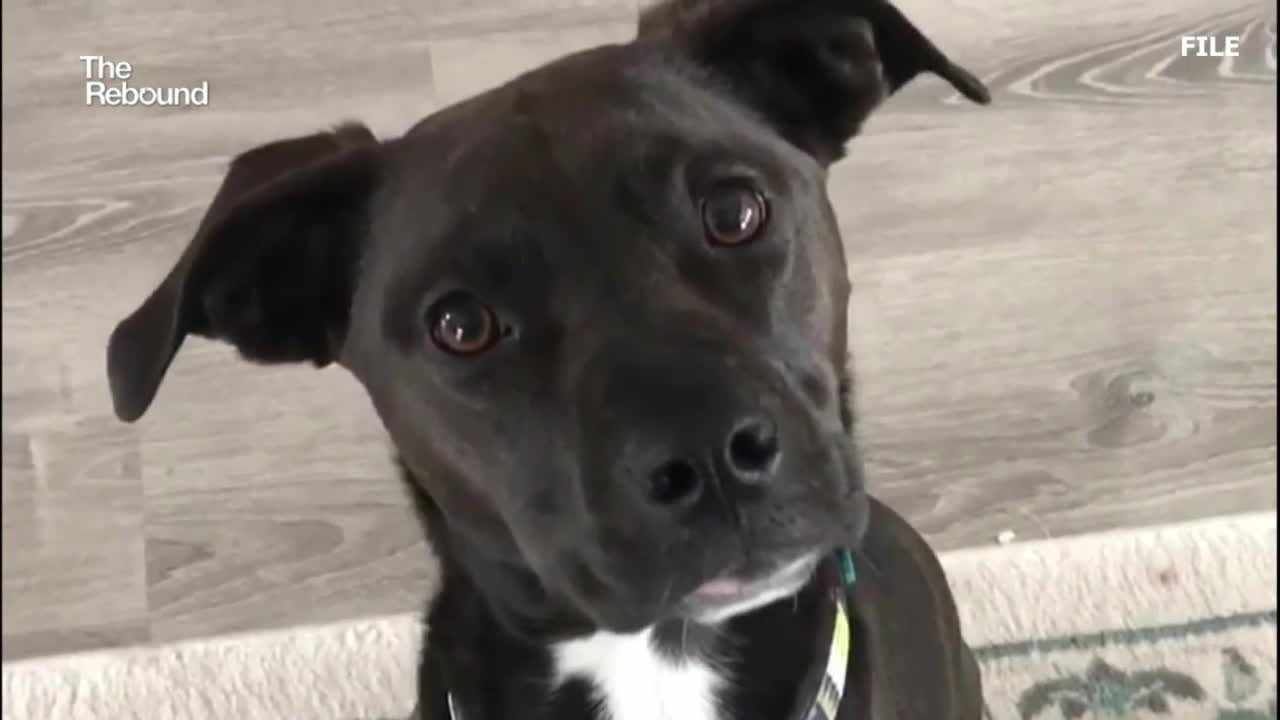GREEN BAY (NBC26) — Dr. Becky Krull, owner and veterinarian at Green Bay and Allouez Animal Hospitals, said she experienced burnout a few years ago. After getting the support she needed, she started speaking out about the need for mental health resources for veterinarians.
"I love my profession, but our profession, it brings certain characters into this role," she said. "We're compassionate, loving people, we have big big hearts, and then you put that with the side of animals who can't speak for themselves and a human on the end of the leash that has to pay the bill. It's a very interesting meshing of medicine and business and it creates a lot of stress."
Dr. Krull saw what helped her personally, and brought it to her clinic. She and her employees do regular activities for self care, or just to have fun and relieve stress.
"We get to a point where we push ourselves, we're perfectionists," said Krull. "At points we reach a role where we've passed our boundaries and need to recognize what those are."
1 in 6 veterinarians have considered suicide, according to the American Veterinary Medical Association. For years, the Wisconsin Veterinarian Examining Board board has been working on a Veterinary Professional Assistance Program, to help vets manage the challenges that come with caring for animals, which they just launched a couple weeks ago. The COVID-19 pandemic accelerated the need for these free, anonymous resources, said Dr. Robert Forbes, chairman of the Examining Board.
"This carside service has definitely added layers of stress," he said. "You're not able to interact with pet owners in an exam room, everything is via telephone or FaceTime, and practices are busier than ever. The pandemic puppies, I mean, there was a huge puppy boom as everyone stayed home to get these awesome companions."
Veterinarians can get help for substance abuse and mental health and also smaller stresses that add up, like personal and business finances or finding child care during the pandemic. There is a 24/7 crisis phone line in addition to the online resources. This is something vets have been asking for, said Dr. Forbes.
"I've been on the board for almost eight years now and this was the first time we received a thank-you note from a veterinarian," he said.
From drastic debt-to-income ratios to compassion fatigue and working crazy hours, there are many factors that lead to mental health crises with vets, said Dr. Krull. Putting animals down every day is just the tip of the iceberg.
"Everybody's like, 'Oh I could never do your job because I could never euthanize an animal,'" she said. "Actually, that's one of the most loving, compassionate parts of my job that doesn't bring me down."



